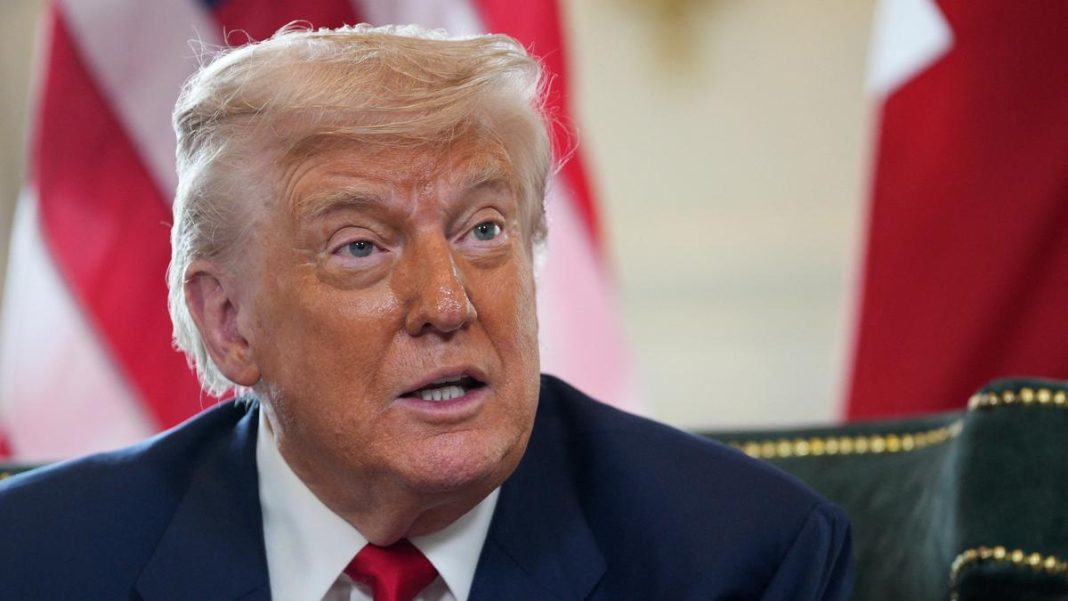A recent statement by former US President Donald Trump, indicating that South Africa would not receive an invitation to the 2026 G20 summit if he were re-elected, has sent ripples across diplomatic circles, particularly within the Global South. While speculative, given the nature of pre-election pronouncements, the statement highlights the potential for significant shifts in global power dynamics and multilateral cooperation. For nations like India, which champions the voice of the Global South and shares deep ties with South Africa, such a development presents a complex challenge in navigating an evolving geopolitical landscape.
Trump’s Stance and the Future of Multilateralism
Donald Trump’s statement, made during a campaign event, reportedly cited South Africa’s foreign policy stances, including its relationship with Russia and its perceived alignment against US interests, as reasons for potential exclusion from the prestigious G20 forum. This stance is consistent with Trump’s “America First” approach, which often prioritises bilateral relations and transactional diplomacy over broader multilateral frameworks, potentially leveraging economic and diplomatic influence to shape other nations’ foreign policies.
The G20, comprising the world’s major developed and emerging economies, plays a crucial role in addressing global economic and financial issues. Exclusion from such a platform would not only diminish a nation’s diplomatic standing but could also impact its ability to influence global policy and attract investment. Trump’s declaration, therefore, isn’t just about a single invitation; it underscores a potential future where participation in vital global forums could become contingent upon alignment with specific superpower interests. This approach risks undermining the very spirit of inclusive multilateralism, which seeks consensus and shared responsibility among diverse nations to tackle global challenges.
Implications for South Africa and the Global South
For South Africa, a prominent voice within the African continent and a key member of BRICS (Brazil, Russia, India, China, South Africa), a non-invitation to the G20 would be a significant diplomatic setback. South Africa has historically pursued an independent foreign policy, often balancing its relationships with major powers from both the East and West. Its commitment to non-alignment and its strong advocacy for the Global South have been hallmarks of its international engagement.
Being excluded from the G20 would limit South Africa’s direct access to decision-making at the highest echelons of global economic governance. This could potentially affect its trade relationships, investment flows, and its ability to champion issues pertinent to developing economies, such as climate finance and debt relief. Moreover, such a move could send a chilling message to other nations in the Global South, suggesting that their autonomy in foreign policy might come at a diplomatic cost.
As Dr. Anjali Sharma, a distinguished geopolitical analyst, recently observed, “Such pronouncements underscore the fragile nature of international cooperation and the increasing pressure on middle powers to align themselves, often against their own multi-faceted foreign policy objectives. It highlights the challenging tightrope walk for nations like South Africa, which strive for an independent foreign policy while navigating a world increasingly dominated by great power rivalry.” This sentiment resonates deeply with developing nations, many of whom are seeking to assert their agency on the global stage without being forced into rigid geopolitical camps.
India’s Balancing Act and the Future of G20 Inclusivity
India, as a recent G20 host and a staunch advocate for the Global South, finds itself in a particularly complex position. The ‘Voice of Global South’ summit, hosted by India, and its successful efforts to include the African Union as a permanent member of the G20 during its presidency, underscore India’s commitment to inclusive multilateralism. India shares a robust strategic partnership with South Africa, rooted in historical ties, shared developmental goals, and their common membership in BRICS and IBSA (India, Brazil, South Africa).
A scenario where a fellow BRICS and Global South nation is explicitly excluded from the G20 would test India’s diplomatic mettle. While India maintains strong bilateral ties with the United States, it also champions the principle of sovereign equality and the importance of diverse voices in global forums. India’s approach would likely involve diplomatic efforts to promote dialogue and bridge differences, without directly confronting a US stance. The challenge for India would be to uphold its vision of a multipolar world and an inclusive G20, while also managing its strategic relationships with all major powers.
The incident also brings into focus the evolving relevance and structure of global governance bodies. If G20 invitations become politicised or conditional, it could strengthen alternative blocs like BRICS, potentially pushing nations to seek solace and solidarity within groups that offer more autonomy. This would mark a significant departure from the G20’s original mandate as a premier forum for economic cooperation, potentially fragmenting global efforts at a time when collective action on issues like climate change, pandemics, and economic stability is more crucial than ever.
Donald Trump’s statement about South Africa and the 2026 G20 summit, though currently speculative, serves as a powerful reminder of the potential volatility in international relations. It raises fundamental questions about the future of multilateralism, the autonomy of nations in shaping their foreign policy, and the role of major powers in global governance. For India and other nations committed to a more inclusive and equitable world order, navigating these potential shifts will require astute diplomacy, a steadfast commitment to principles, and a continued emphasis on building bridges across geopolitical divides.




